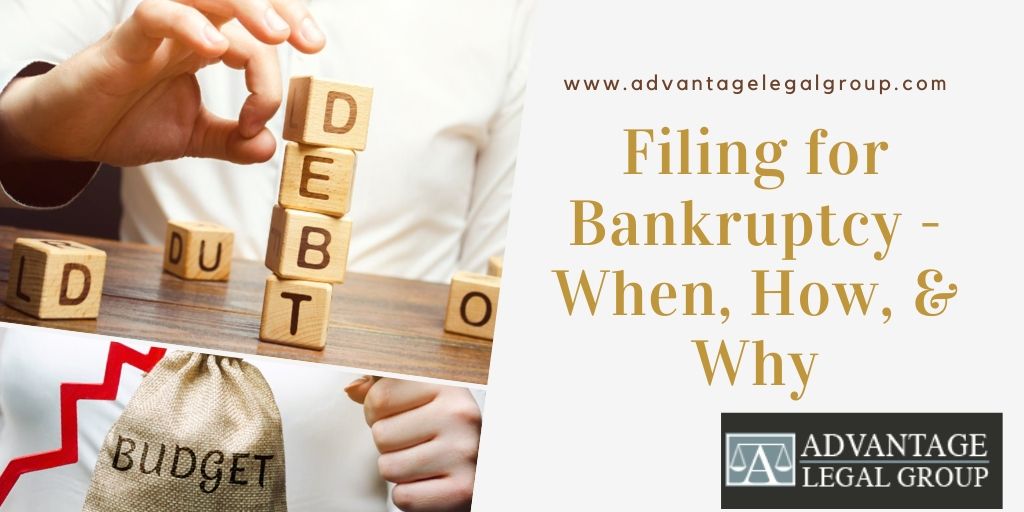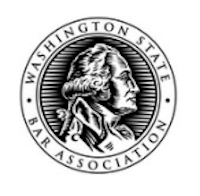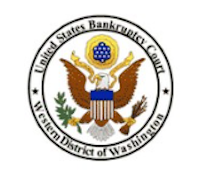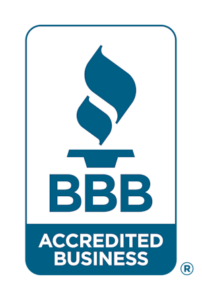Filing for Bankruptcy

Filing for Bankruptcy – When, How, & Why Determining if you Qualify for Bankruptcy Individuals file personal bankruptcy because there is financial relief needed and they seek a second start. If you feel there is no way out of your debt troubles and these debt troubles are regular occurrences, filing bankruptcy may be your best […]
Is Bankruptcy Embarrassing?
Is Bankruptcy Embarrassing? Being an adult is rough. As an adolescent we would hesitate to do things, worried about what our peers would think, and often, being an adult is no different. Being an adult doesn’t mean you no longer have emotions or that you don’t worry about others judging you. However, being an adult […]
Protecting Bank Accounts When filing for Bankruptcy
Protecting funds in a bank account is often a top priority of those filing for Chapter 7 or 13 bankruptcy. The effect that bankruptcy will have on any money deposited into your personal bank accounts is dependent upon if the money has been protected by a bankruptcy exemption and the amount of pre-bankruptcy planning […]





